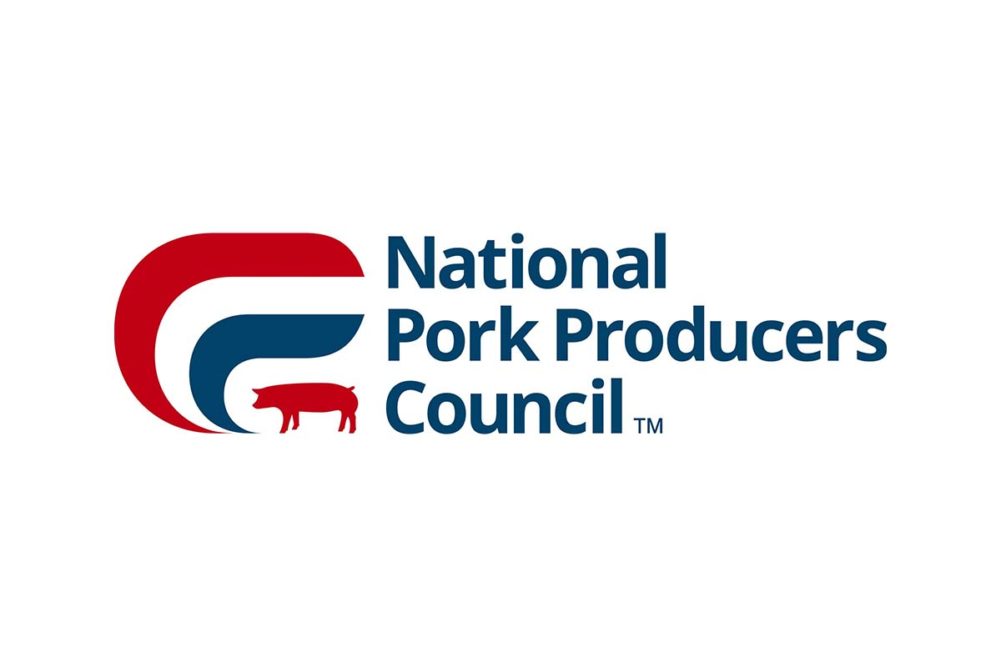WASHINGTON — Last week, the National Pork Producers Council (NPPC) submitted comments to the Office of the US Trade Representative (USTR) regarding its 2024 National Trade Estimate (NTE) Report on Foreign Trade Barriers.
The USTR report details significant barriers to US exports of goods and services, US foreign direct investment and US electronic commerce in important export markets. Specific barriers highlighted in the report include import policies such as tariffs, technical barriers to trade, sanitary and phytosanitary (SPS) measures, government procurement policies, intellectual property protections and subsidies.
“Trade barriers limit US agricultural exports, which are vital to America’s farmers, ranchers and the overall US economy, supporting about 1 million US jobs,” NPPC said in its Capital Update. “For pork producers, pork exports contribute significantly to their bottom line. Last year, producers shipped nearly $7.7 billion of product to foreign destinations, and those exports added the equivalent of more than $61 to the average price producers received for each hog marketed.”
NPPC listed 21 countries that have varying tariff and/or non-tariff barriers limiting US pork exports in its comments to USTR.
The group noted that the United States does not have full market access in Australia due to SPS barriers related to porcine reproductive respiratory syndrome (PRRS). In Ecuador, the US pork industry faces burdensome import licensing schemes that block access. South Africa prohibits pork offal and requires trichinae-related freezing of pork. Taiwan poses an obstacle to US pork exports with its country-of-origin labeling requirements and new maximum residue limits for animal health products used in hogs.
The entirety of NPPC’s comments is available here.
NPPC represents 43 state producer organizations as well as the federal and global interests of 66,000 US pork operations.



